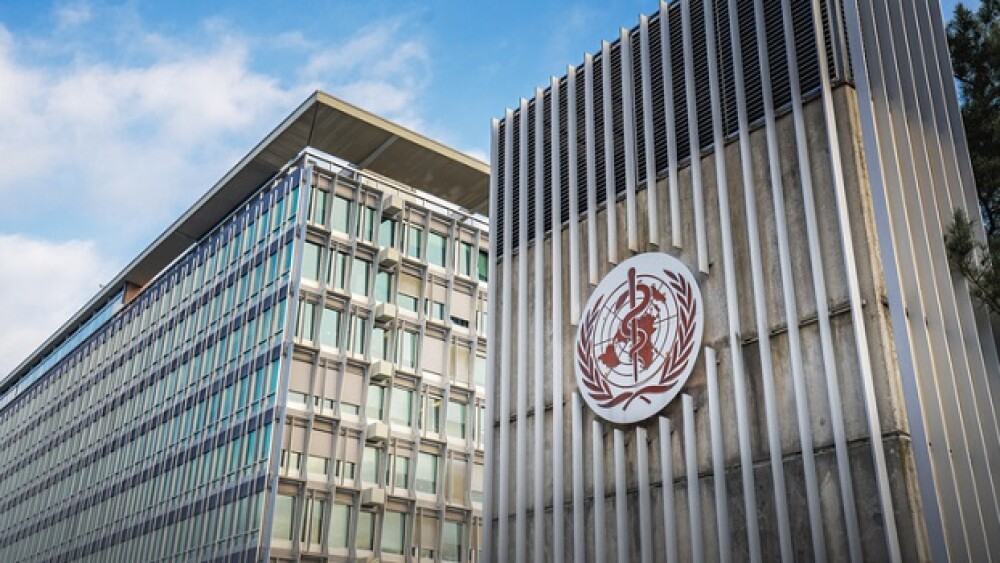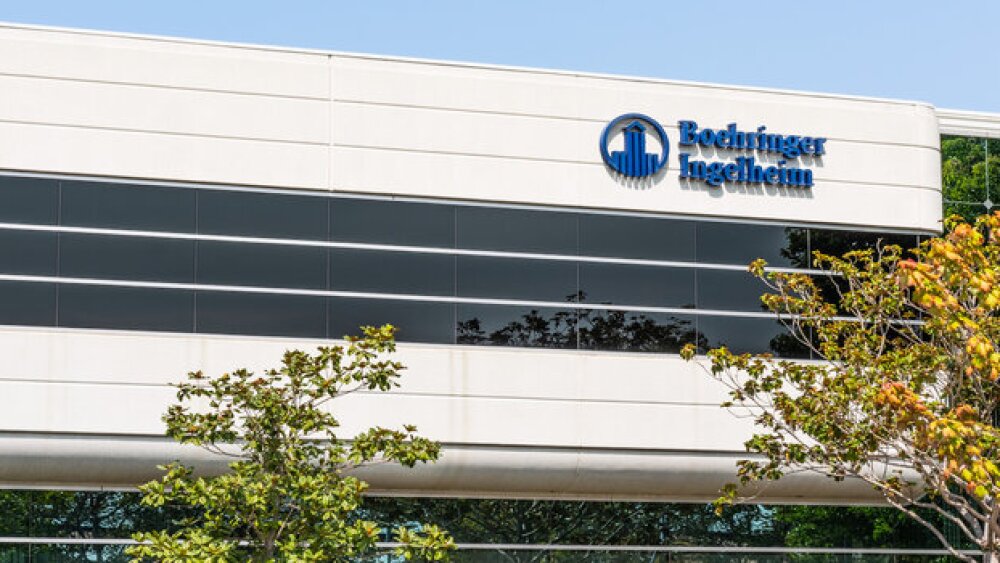The World Health Organization’s Essential Medicines list guides high-level procurement and coverage decisions for over 150 countries.
The World Health Organization has placed GLP-1 therapies for diabetes and obesity on its Model Lists of Essential Medicines and Essential Medicines for Children, highlighting the importance of maintaining access to such treatments.
The WHO’s updated model list now includes Novo Nordisk’s semaglutide, dulaglutide and liraglutide, alongside Eli Lilly’s tirzepatide. Model lists, according to the agency’s news release on Friday, serve to “promote better access to medicines in developing countries.” More than 150 countries use these lists to guide procurement, insurance coverage and other policies.
Obesity and diabetes, according to the WHO, are “two of the most urgent” public health problems today, with more than 1 billion people worldwide affected by obesity. Both conditions are also linked to other health problems, including cardiovascular and kidney diseases. Recognizing this, the WHO, in remarks made in the Journal of the American Medical Association in December 2024, acknowledged the potentially “transformative” impacts of GLP-1 therapies for obesity care, while warning at the time that their rapidly rising use could lead to “distorted” care.
By May this year, the agency was already having internal discussions on whether to include GLP-1 drugs in its Essential Medicines list, according to reporting from Reuters at the time. A key issue the WHO raised was pricing—branded versions of both semaglutide and tirzepatide can cost upwards of $1,000 per month—which keeps these GLP-1 therapies out of reach for many patients in poorer countries.
The WHO revisited these concerns in its news announcement on Friday, arguing that the “high prices of medicines like semaglutide and tirzepatide are limiting access to these medicines.” Strategies to improve access, the agency continued, include making these drugs available in the primary care setting and encouraging generic competition.
There may be progress on the latter front. Late last month, Teva Pharmaceuticals won the FDA’s approval for the first GLP-1 generic for obesity. The drug, which is a copycat version of Novo’s liraglutide, has already been launched in the U.S. Like its branded reference product, it is indicated for patients 12 years and up. Teva in December 2024 also won an approval for a liraglutide generic for type 2 diabetes.
Aside from GLP-1 drugs, the WHO’s updated Essential Medicines list also includes cancer therapies, a disease that, according to the agency, claims 10 million lives annually. Merck’s Keytruda, Roche’s Tecentriq and Regeneron’s Libtayo were added to the model list.






